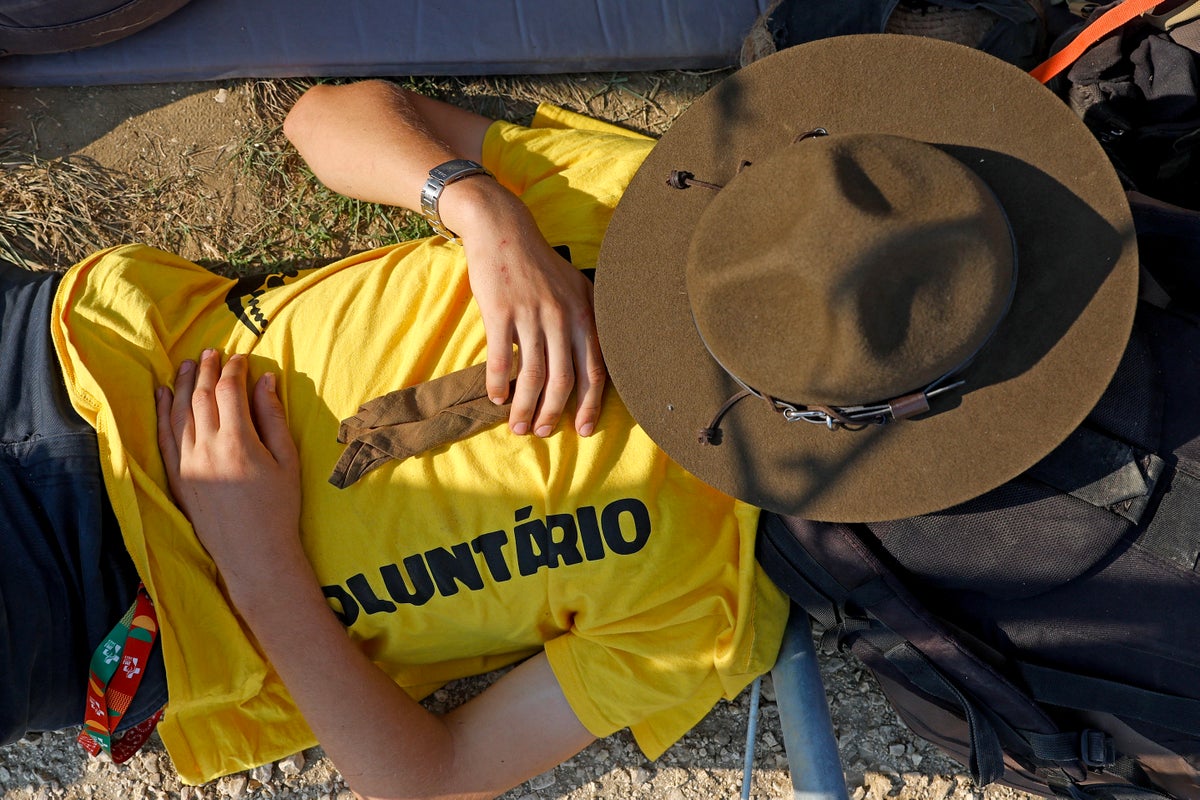
Europeans sleep more efficiently than their Asian counterparts, according to a new study that assessed health data from over 200,000 people.
Researchers, including those from the National University of Singapore (NUS), analysed 50 million nights of anonymised sleep data of over 220,000 users from across 35 countries using the consumer sleep tracker Oura Ring.
The study, published recently in the journal Sleep Medicine, found that not only do people in Asia go to sleep later and have shorter sleep, but also have lower sleep quality than those in Europe and other parts of the world.
Scientists also found that sleep during the work week for Asians is more variable than among Europeans, and they also do not extend their sleep as much at the weekend as people in Europe do.
“In Europe, weekends are generally considered time for relaxation, and engaging in social activities with friends and family. In Asia, however, people may use the weekends to catch up on work, do the things they didn’t have time for during the week, or attend to more family responsibilities,” explained study co-author Adrian Willoughby from NUS.
In the study, researchers gathered sleep data from multiple nights across a whole year with each user contributing 242 nights of data on average.
Researchers analysed weekday and weekend sleep separately to assess the impact of the working week on sleep patterns.
Asians were found to have shorter sleep and lower sleep efficiency, displaying higher variability in both sleep timing and duration on weekdays while falling asleep later than those living in Europe, Oceania and North America.
While people generally sleep longer during weekends than during the week, Asians were also found to have the shortest weekend sleep extension.
Previous research has shown that work and work culture are the most influential factors affecting how we sleep.
Long work hours have previously been related to short sleep and preoccupation with work is linked to sleep disturbances.
“We think that longer working hours and the difference in work culture in Asia means that people don’t catch up on sleep as much at the weekends, but try to catch up whenever they have the opportunity over the course of the week,” Dr Willoughby said.
Scientists call for people to practice sleep routines that fit different contexts and also promote health, well-being and performance.







